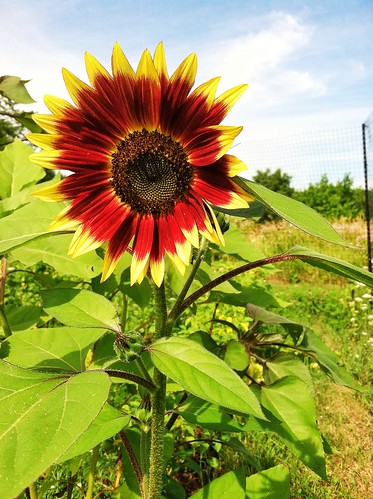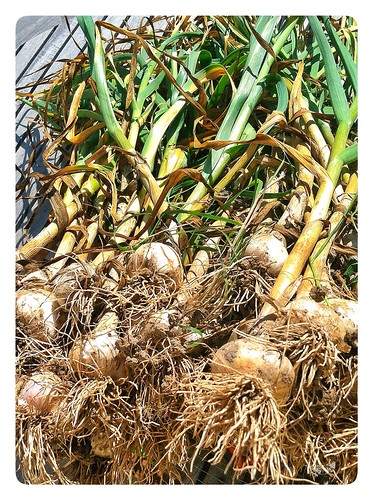 We walked the prairie trails north of the garden before the snow settled in. Most of the previous blanket had vanished in a surprising warming trend that could hardly be called an "Indian Summer", but sunny 40's in December are welcome regardless of their label. Sunday's early morning 6-inch snowfall and today's -25degree windchill were still mere forecasts. The dogs needed exercise...as did we. Ourselves, then, jacketed and the pups leashed we struck out north for the adventure.
We walked the prairie trails north of the garden before the snow settled in. Most of the previous blanket had vanished in a surprising warming trend that could hardly be called an "Indian Summer", but sunny 40's in December are welcome regardless of their label. Sunday's early morning 6-inch snowfall and today's -25degree windchill were still mere forecasts. The dogs needed exercise...as did we. Ourselves, then, jacketed and the pups leashed we struck out north for the adventure. Circling the garden we inventoried the square access holes neatly spaced and cut by the rabbits through the deer fence. There will be more chicken wire in my future I noted to myself. We called attention to the flattened grass patches where the deer apparently like to sleep. We wondered aloud how the bees are wintering in their wooden box hives. We mentally sited the labyrinth we hope to construct on an easterly patch of the prairie this spring and vocally thanked again the apple tree that surprised us this fall with fruit we didn't even know to expect.
And we assessed the nascent trunks of the volunteer osage orange and cedar trees and how they might fare against the new piece of brush cutting equipment on which we just took delivery to combat just such growth. If I have a functional animosity toward the osage orange and its spindly, unruly and thorned branches that employ an almost radar-like accuracy for snagging any exposed skin, Lori nurses a more aesthetic grievance against the cedar. Ubiquitous in this area, they seem to be in a race with the rabbits over whose reproduction can be more prolific. Turn your back for an instant and multiple baby cedars will have popped up in the interval. Shaggy and unkempt, they are the ugly duckling of the evergreen family; hardly the warm blue of the spruce, neither the deep ancience of fir nor the bright green of pine, cedar branches slag outward in a flatness of color that is more green than brown by only the thinnest of degrees.
And winter -- when all the other trees are bare -- showcases our wealth of the scrubby species, dotting the landscape in all their sprawlingly dull languor. We can't wait to fire up the brush mower and commence the eradication.
But as the trail led us toward the edge of the tree line and proximity to a cluster of our sworn arboreal enemy, the cedars reached out in peace with something of a gift. As if bedecked for the holidays, the branches were dripping with blue beads; pearls, as it were, sprouting from swine. And it was lovely; my enmity toward the species softened if only for the season. There truly was a wintry beauty there that I had forgotten from before -- if ever noticed at all.
I am under no delusion. Those holiday jewels, I know, are nothing other than the eventual seeds of my larger and eventual discontent. They will scatter and sprout in locations I least desire. But for the moment even the cedars are celebrating Christmas, and we'll enjoy them as long as we can. They are, even Lori had to admit, magnificent in their offering.
As for later and those likely seedlings from all this splendor?
Well, there is always that new mower.






















.JPG)
.JPG)
.JPG)
 -r
-r s
s
 t
t )
)




.jpg)
.jpg)


